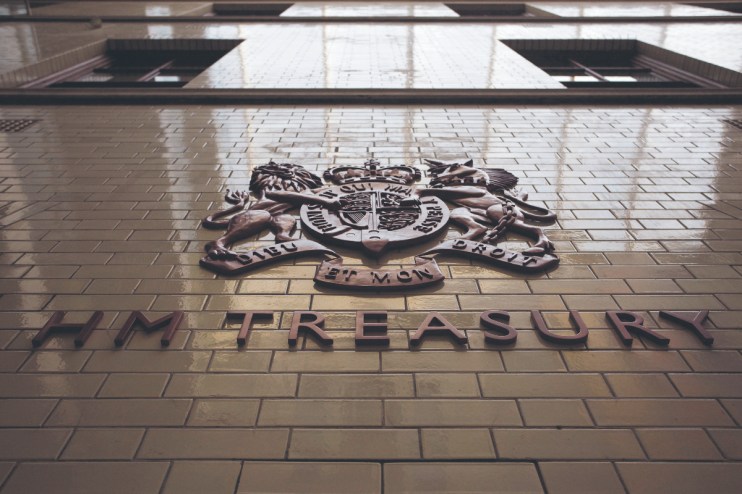Investors ‘are losing confidence’ in the UK economy

UK government borrowing costs continued rising on Wednesday, and the value of sterling dropped as investors recalibrated their views on the UK economy.
The yield on the benchmark 10-year gilt, which reflects the cost of borrowing, hit 4.78 per cent on Wednesday afternoon, a post-financial crisis high.
It came after the yield on the 30-year gilt hit its highest level this century yesterday. The yield on the 30-year gilt continued rising on Wednesday afternoon, reaching 5.42 per cent.
The pound also suffered, dropping 1.1 per cent against the dollar to trade at $2.134, its lowest level since April.
Helen Thomas, CEO of BlondeMoney said: “Investors are charging the UK government more and more to hold its debt as they are becoming increasingly concerned Rachel Reeves has put herself in a straitjacket of her own making.
“The ECB is cutting rates to try to spur growth whilst Trump has a big new mandate for action. In comparison the UK government is taxing business and hurting consumer confidence whilst plunging money into an unproductive public sector.
“The results are soggy. Economic data is showing no growth and sticky inflation, a toxic mix for bond investors. They are losing confidence in the UK.”
Kyle Ballinger, FX markets analyst at Ballinger Group, said sterling’s sell-off was driven by “heavy gilt supply, concerns about the UK government’s debt sustainability, and the inflationary impacts of extra fiscal spending”.
What do rising gilt yields mean for the UK economy?
Higher yields mean that the government has to spend more money servicing debt, money that cannot be spent on public services.
The upward movement reflects several factors, including concerns that inflation will persist in the new year and the potential impact of Donald Trump’s tariffs.
Both will likely slow the pace of interest rate cuts, keeping borrowing costs higher.
The sell-off has heightened fears the Chancellor will be forced to raise taxes or cut spending to meet her fiscal rules, which require day-to-day spending to be met by tax receipts.
She left herself a buffer of £9.9bn in October’s Budget to meet this pledge, but many economists think this might have already disappeared due to the increase in borrowing costs.
“The razor thin headroom left in the Autumn Budget has likely all evaporated,” Sanjay Raja, chief UK economist at Deutsche Bank said.
The Office for Budget Responsibility (OBR) will publish new forecasts in March which will factor in the increase in borrowing costs as well as slower-than-expected growth since October.
These forecasts could force Reeves to find some extra cash if she wants to stay on the right side of her fiscal rules.
“If bond yields rise further, Reeves may be forced to make the economically damaging decision of further increasing taxes or cutting back on planned public spending to balance the books,” Kallum Pickering, chief economist at Peel Hunt, said.
Asked whether the Chancellor will have to cut spending or raise taxes again due to the market movements, the Prime Minister’s spokesperson said: “I’m not going to get ahead of that. It’s up to the OBR to make their forecasts… in the usual way.”
“When it comes to the government’s approach to the economy, we will always put economic stability and sound public finances first,” he added.